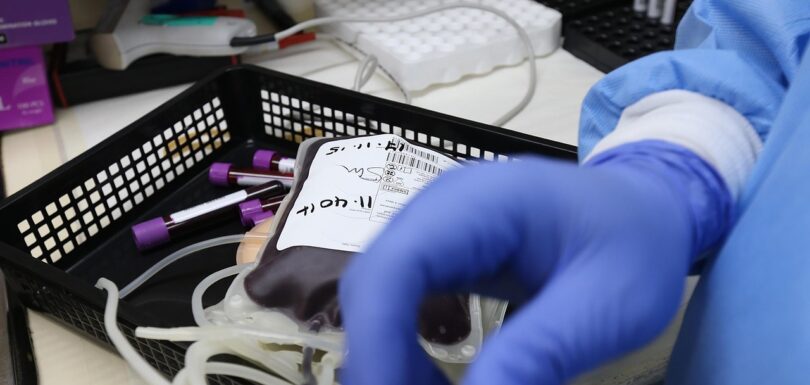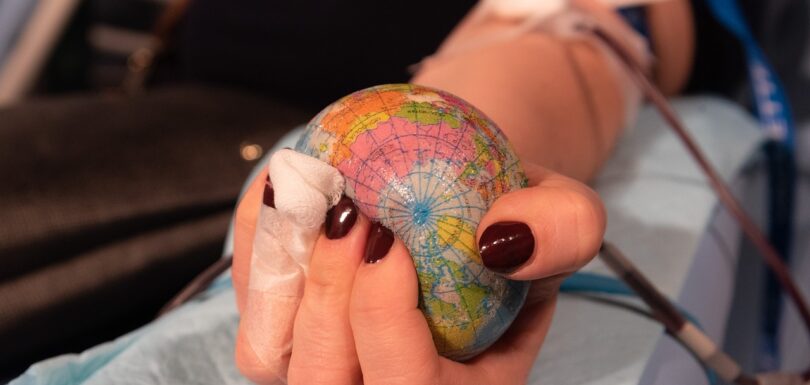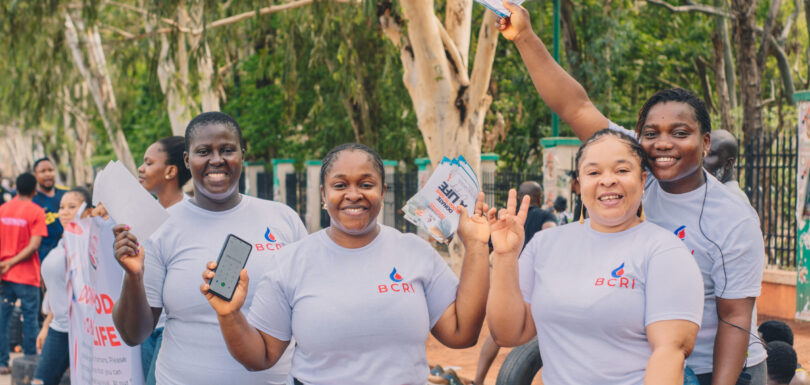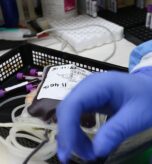The Hidden Power of Blood Donation
The Hidden Power of Blood Donation: A Gift Beyond Measure Blood donation is often seen as a simple act of charity, but its impact extends far beyond saving lives in emergency rooms. This selfless act carries hidden benefits that many donors and recipients might not be fully aware of. From medical breakthroughs to personal health […]












